@Dimitar,
Even though @rhavendc is correct, this question should be placed in Database Adminstrator, I will answer your question in respective order to the best of my knowledge.
- I am not sure how to store the venue/studio address and geolocation. [...]
You can easily find Geo-Locations by searching on the web. take MyGeoPosition for example.
I would like to be able to perform searches like
- show me venues in that neighborhood or city.
You can do this easily. There are a few ways to do it, and each way will require a bit of tweaking with your ERD design. With the example I attached below, you can run a query to list all the venues with the address_id followed by the city id. The yellow entities are the one I added to ensure integrity.
For example:

-- venue.name is using the "[table].[field]" format to help
-- the engine recognize where the field is coming from.
-- This is useful if you are pulling the fields of the
-- same name from different tables.
select venue.name, city.name
from venue join
address using (address_id) join
city using (city_id);
NOTE: You don't have to include the city_name. I just threw it in there so you can try it out to see all the venues matching it.
If you would like to do it by the neighborhood, you would have to tweak the ERD I gave you by adding neighbor_id in the ADDRESS table. I have attached the example below, You would also have to add neighborhood_id From there, you can run a query like this:
Using this ERD:

-- Remember the format from the previously mentioned code.
select venue.name, neighborhood.name
from venue join
address using (address_id) join
neighborhood using (neighbor_id);
- show me venues which are in radius XX from position
You can calculate the amount of miles, kilometers, etc. from longitude and latitude using Haversine's Formula.
- Each class should have a schedule and currently I am not sure how to design it. For example: Spinning class, Mo, We, Fr from 9 AM till 10 AM. I would like to be able to do queries like:
- show me venues, which have spinning classes on Mo
- or show me all classes in category Spinning, Boxing for example
- or even show me venues offering spinning classes
This can be easily derived from either of the ERDs I attached here. In the CLASS table, I added a field called parent_class_id which gets the class_id from the same table. This uses recursion, and I know this is a bit of a headache to understand. This recursion will allow the classes with assigned parent class to show that the classes are also offered at different times.
You can get this result by doing so:
-- Remember the format from the previously mentioned code.
select class1.name, class1.class_id, class2.class_id
from class as class1,
class as class2
where class1.parent_class_id = class2.class_id;
- or even show me venues offering spinning classes
This may be a tricky one... If you are wondering which venues are offering spinning classes, where spinning is either part of or the name of the class, not a category, it's simple.
Try this...
-- Remember the format from the previously mentioned code.
select venue_id
from venue join
class using (venue_id)
where class_name = 'spinning';
NOTE: Keep in mind that most SQL languages are case-sensitive when it comes to searching for literals. You could try using where UPPER(class_name) = 'SPINNING'.
If the class name may include words other than "spinning" in its name, use this instead: where UPPER(class_name) like '%SPINNING%'.
If you are wondering which classes are offering spinning classes where spinning is a category, that's where the tricky bit comes in. I believe you would have to use a subquery for this.
Try this:
-- Remember the format from the previously mentioned code.
select class_id
from class join
class_category using (class_id)
where cat_id = (select cat_id
from category
where name = 'spinning');
Again, SQL engines are usually sensitive when it comes to literal searches. Make sure your cases are in its correct upper or lower cases.
- Should I create an extra table schedules here? Or just create some kind of view which creates the schedule? If it's an extra table, how should I describe start, end of each day of the week?
Yes and no. You could, but if you can understand recursion in database systems, you don't have to.
Hope this helps. :)


